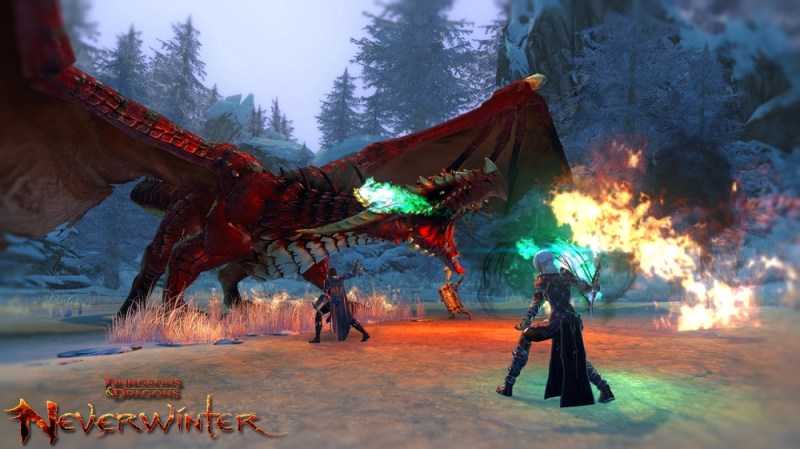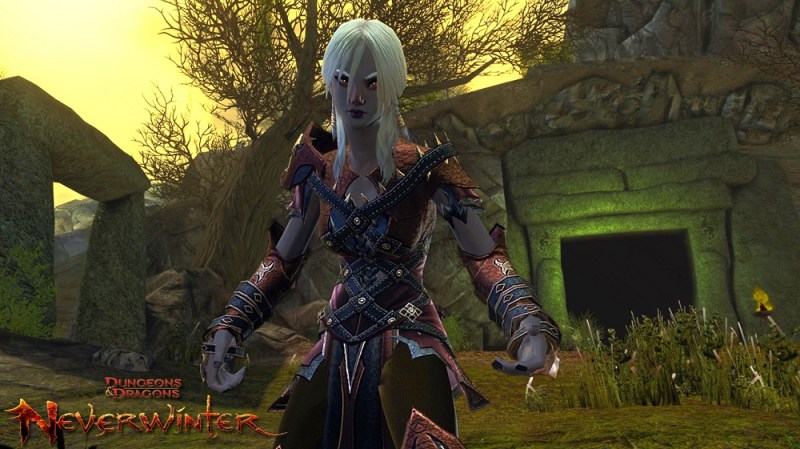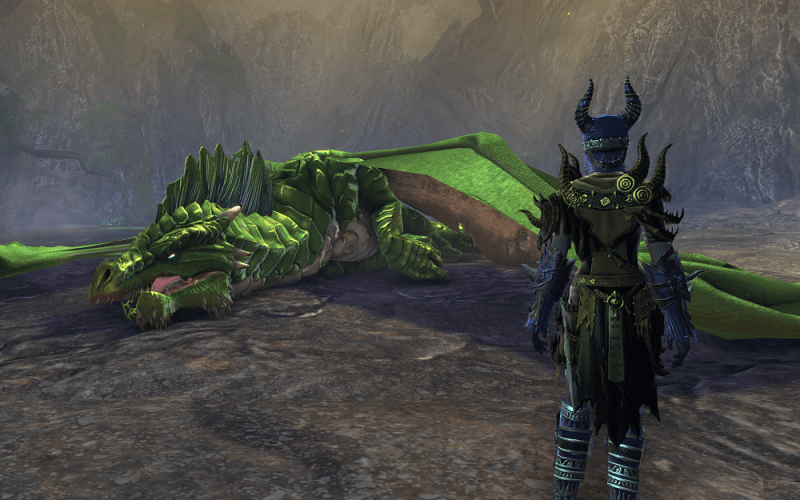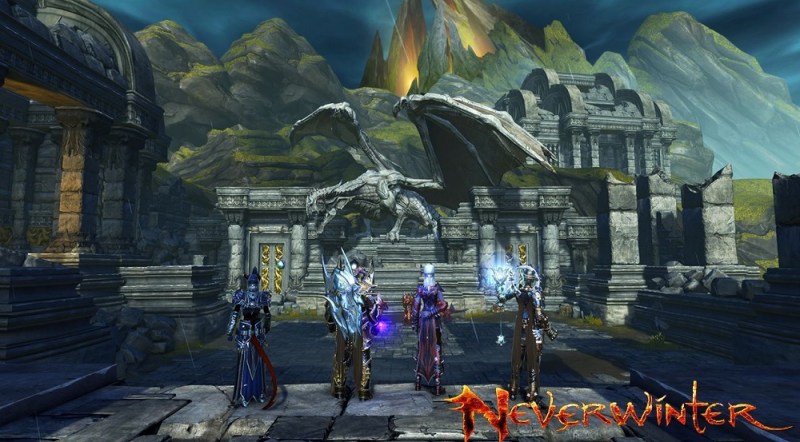GamesBeat: Is it enough that you expect to launch games every year?
Xiao: We’ll launch a console game every year, yes, somewhere in the world.
GamesBeat: What do you think about other kinds of consoles, like Android consoles?
Xiao: I look at the market this way. At the top are the true triple-A consoles, Microsoft and Sony. In the middle range we’ll see more conveniently acquired, cheaper devices, and then below that TV set-top boxes. In the middle are mostly Android boxes. They’re much better than a normal set-top box, but easier and cheaper than the Xbox and PS4.
AI Weekly
The must-read newsletter for AI and Big Data industry written by Khari Johnson, Kyle Wiggers, and Seth Colaner.
Included with VentureBeat Insider and VentureBeat VIP memberships.
If you remember, two years ago we had a strategic agreement with a company that was trying to produce something like that. Eventually there was so much competition coming in that we decided to cancel the project. But we believe it could be a new way of acquiring consumers and having a new market open up – less quality of graphics, lighter, with a certain level of sophistication, cheaper, spread out more toward a bigger consumer group. It’s possible. We’re ready to turn some of our games to those platforms once we see there’s life in one or two of them.
GamesBeat: Is PlayStation 4 looking as attractive as Xbox One for you?
Xiao: Definitely. We’re working for both platforms, pursuing different projects.
GamesBeat: In mobile, what would you say has been an interesting learning for you? About things like user acquisition or marketing through WeChat and the big social platforms.
Xiao: Number one, it’s hard to build your own platform – your network, your channel, your way of acquiring customers. You need partners. You need to work with other people. That’s the golden rule in the mobile space.
In the west you have to work with Apple and Google. In China it’s more complicated on the Android side. You have to deal with everybody. So far we’ve been able to get connected and maintain good relationship with most of the channels on the Android side in China. But the key is good quality products, still. First you have a good product. Then you have good relationships. You need the ability to explain to your partners. Partners will accept and support you. Then you can have a successful project.
GamesBeat: We’ve seen some interesting projects like Vainglory and Fallout Shelter in the west. When you think of better quality mobile games, is that the direction you think of going?
Xiao: Vainglory isn’t exactly about quality. It’s about a different way of playing mobile games, a different genre. It’s new and untested. The game quality is high. We looked at it and evaluated. We wish we could do something that good. It definitely sets the bar high. But at the same time it’s not only about quality. It’s about the way of playing, the thinking behind it. New genres are moving into mobile.
We all understand that DOTA 2 and League of Legends are very popular in the PC domain. Will this eventually be successful on a mobile platform? We’re still not sure. We’re observing and looking into that genre to see whether we want to jump in, perhaps with a partner on a similar level, or perhaps doing our own entry in the MOBA genre.
GamesBeat: Are you finding that there are lots of teams in China that have a chance to do that kind of game?
Xiao: Bigger companies have more of a chance. Smaller companies have to survive first. That’s why they have to copy and imitate and quickly push out products to make money. Bigger studios with more financial backing will have a better chance. That’s always the case. You have to have capital.
GamesBeat: I’ve followed the evolution of digital games very closely over the last few years. There were a lot of venture capitalists investing money. Last year we saw lots of acquisitions. The latest data from Digi Capital suggests that deals happening this year are down 89 percent from last year. A lot of venture capitalists at our conference in May, even, said they were not investing in games, and suggested that people go get money from Chinese companies. Now the stock market is going a little crazy here. I wonder if you could predict what might come out of all this.
Xiao: Well, it’s a bubble. The bubble starts with investment from the capital markets. If people feel like they have money, they tend to spend more. When the stock market is going crazy, people feel like their paper property is being inflated, and so they have a better motivation to invest in a different way.
The market will finally settle down after a correction. We’ll get back to fundamentals, which are very simple. Money is still coming in when people can see a long-term return for it. Gaming is a good field for long-term returns. It’s down to how you invest, who you invest in. If a company is continuously producing quality products in a sustainable way, it’ll have value in the longer term. It’ll still attract capital.
Once the bubble goes, small teams producing just one game—Very few, maybe even none, can continue to succeed in terms of producing quality titles that become hits in the market. It’s very rare. That’s why the people who used to see some initial success and spend money right away or backing off. That’s why you see that 80 percent drop in investment. I doubt many of these companies are making money.
In the long run, the bubble will be gone, and there will still be people who understand this market, who understand companies, who know what their strategies are and invest in real value. There’s always value in the game sector, because there are always customers who want to put their money in this market to buy quality products and entertain themselves. It’s always been a long-term kind of market, and the capital markets will start thinking long-term as well, even in the mobile sector. The growth rate just won’t be that crazy.
Last year saw crazy growth in mobile games. This year the market will cool down. That doesn’t mean mobile games aren’t growing at all.
GamesBeat: What do you think about virtual reality?
Xiao: It’s a possibility. There are still technical issues to resolve before it can become another turning point for a new era of development and growth. It’s not there yet.
GamesBeat: Any last thoughts on how you’d define being a global game company?
Xiao: We want to be on every platform – mobile, PC, console, and possibly VR in the future if it becomes a real thing. We utilize our global capability to develop high-quality games. Quality is number one. Then we continue to expand and build our distribution and publishing globally so we can understand the global consumer better. We can tweak our games to better fit consumer needs – not only characters and storylines, or PvP versus PvE, but also the monetization strategies. Different things work in different markets. We could have similar storylines and similar characters, but a different game. That requires a global capability to understand local markets.
Finally, we want to work with a lot of global partners, like Microsoft, Sony, and Disney – good, capable partners around the world. We don’t intend to pocket all the money we make everywhere. We want to share with our partners. We can support others and others can support us in particular market scenarios. In summary, it’s very simple: global development, local publishing, and global partnership. That’s been our strategy for the last four years, and it isn’t changing.
VentureBeat's mission is to be a digital town square for technical decision-makers to gain knowledge about transformative enterprise technology and transact. Learn More




